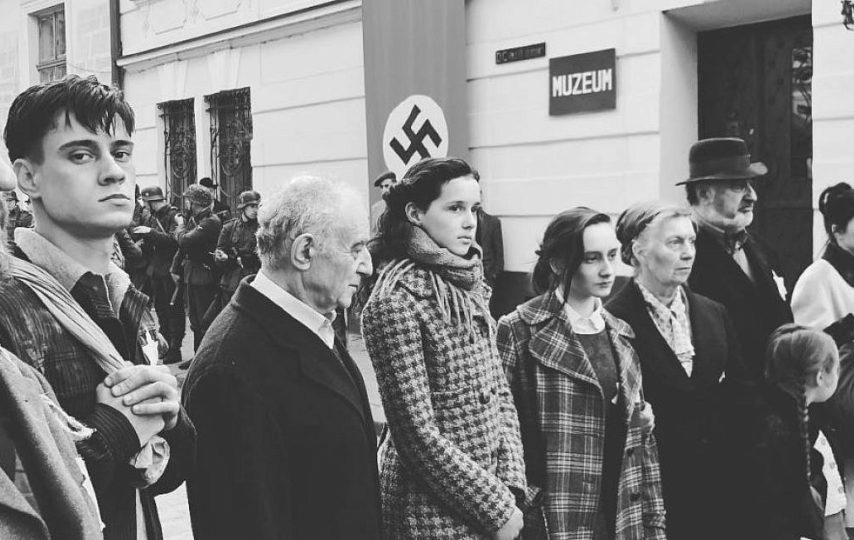Back in 2020, an Instagram Holocaust remembrance project Eva Stories made headlines for winning two Webby Awards, widely revered as the Oscars of the Internet. The awards, reserved only for the best online achievements, were for the Best Use of Stories and Best Campaign on Social Media.
The authors of the project are Israeli entrepreneurs Mati Kochavi and his daughter Maya. Together, they took the story of one girl during the Holocaust and placed it in the modern context – social media.
Credit: Unsplash.com
Specifically, they produced a 60-minute narrative divided into a series of Instagram stories, created as if they were filmed by a modern-day teenager with a smartphone. The narrative is based on the real diary of Eva Heyman, a 13-year-old Hungarian Jewish girl who was deported to Auschwitz in 1944, where she perished.
So what is it exactly that made Eva Stories worthy of such recognition?
One of the answers is the project’s innovative approach to filmmaking and storytelling.
Wanting to tell the story of the Holocaust to the younger generation, the Kochavis read dozens of diaries from the era. They decided to go with Heyman’s, seeing her as the kind of girl modern generations could identify with.
To bring her story to life, they chose a tool that young people use and identify with the most – social media. The actress portraying the bubbly teenager films herself walking around and what she sees, ranging from happy times with friends and family to Nazi tanks patrolling the streets.
This innovative model of storytelling was a huge success – over only 48 hours during which the stories were released, they drew over 300 million views. The project’s popularity was also due to its theme and the timing of its release that coincided with the 2019 Holocaust Remembrance Day.
The Kochavis described the winning of the Webby awards as important in refocusing public attention on the experiences of the victims who were murdered just because they were Jewish. They also expressed their gratitude for the support that the Israeli people have shown for their project – “embracing it, loving it, and following it”.
As much praise as it earned, Eva Stories has also attracted some criticism, with certain critics denouncing it as a “display of bad taste”. Specifically, they believed it was inappropriate for the medium widely considered as shallow to be used for covering such a serious theme.
Regardless of whether you’re a supporter or a critic, one thing is for certain. Eva Stories has left a permanent mark on the public perception of storytelling and is an important contribution to preserving the memory of the Holocaust among new generations.





